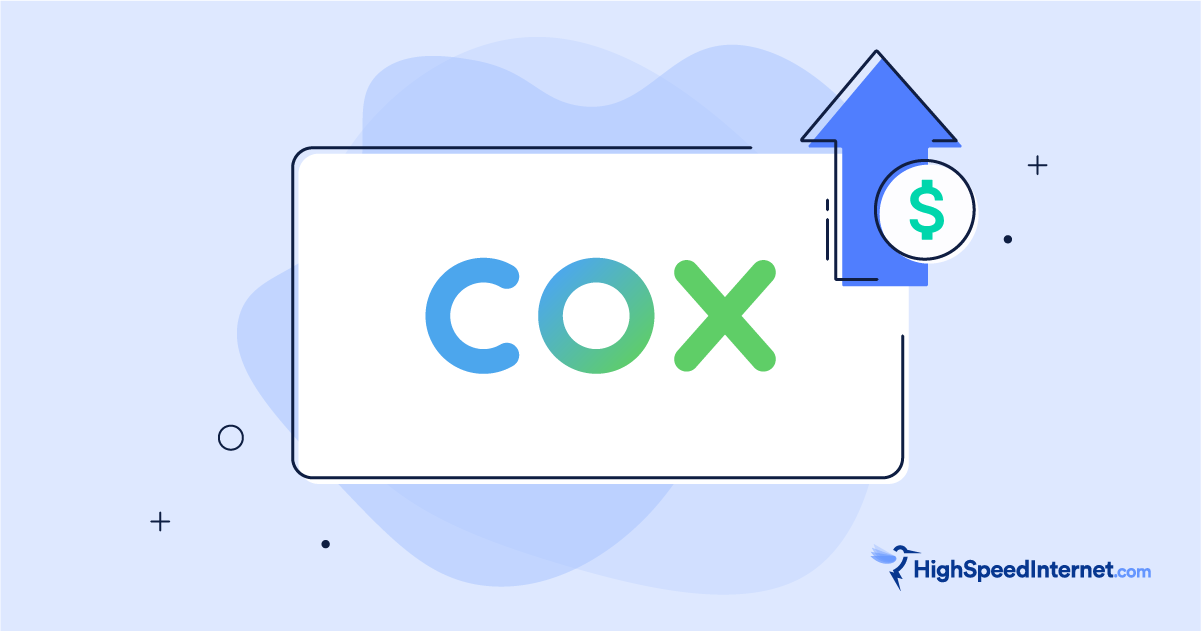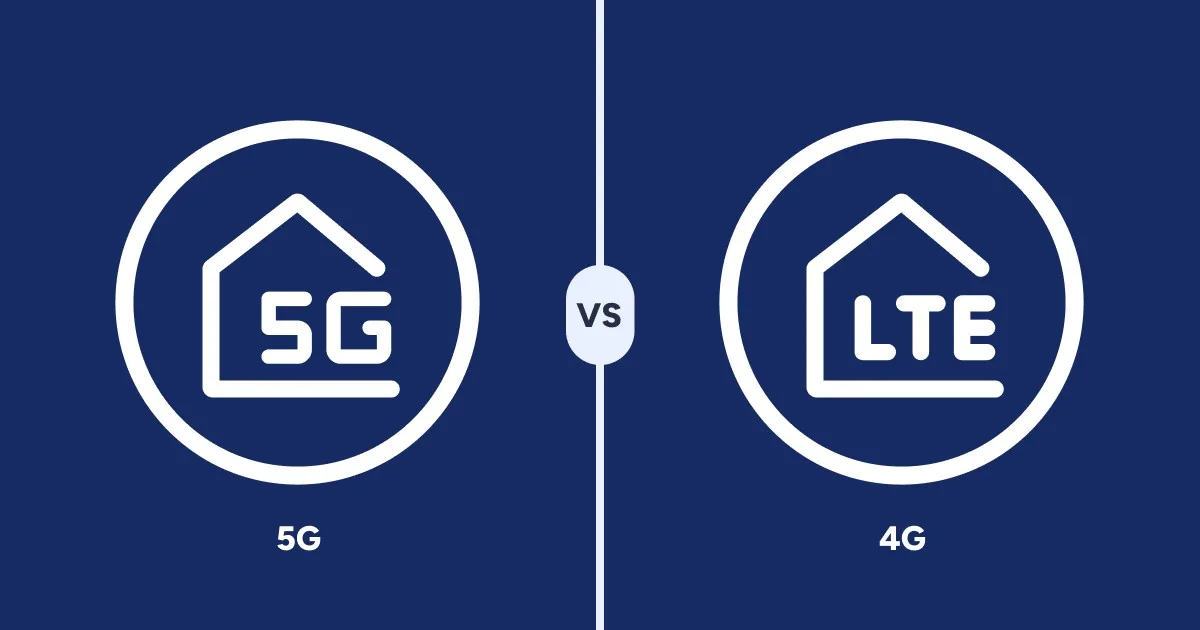5 Ways You’re Overpaying for Internet Service
You’re throwing away money on your internet bill with these five common mistakes.
Jan 28, 2021 | Share
Brand Guides
You don’t have to submit to a high internet bill. There are tons of ways to decrease your rate, sometimes by as much as 50%. But at the very least, you want to ensure you’re not overpaying for your service. After all, internet service is not a utility; it’s a product in a free market, and you want the best deal possible.
Let’s go over some common pitfalls that lead to internet customers paying way too much for internet service and how you can whittle down a massive internet bill into something more manageable.
Don’t settle for overpriced internet service.
Enter your zip code to find an ISP with a better deal.
You’re paying for faster speeds than you need
When choosing an internet plan, most of us go with the highest speed we can comfortably afford, but this route usually leads to wasting your hard-earned cash. Having more speed doesn’t make your web pages load faster or your video streams smoother; it only allows you to load more web pages and watch more video streams at the same time.
Think of internet speed as a wider road rather than a faster car. You don’t need the internet equivalent of an eight-lane superhighway if you only have one, two, or even four people in your household. There’s absolutely no benefit to purchasing more internet speed than you need.
But how much speed do you need? A good rule of thumb is 50GB per person. So a 200GB plan would suit a four-person household. That speed lets everyone stream 4K video at the same time while still having half their bandwidth left over for other simultaneous activities and background tasks.
Your promotional pricing has expired
Many internet service providers (ISPs) attract customers with great rates for a short period, often six or twelve months. But your monthly bill skyrockets once the promotional period expires, and you’re stuck overpaying. Even worse, these price hikes often come as a surprise without any warning from your ISP; this is because, technically, you agreed to the rate increase when you first signed up.
There are a couple of ways to get your bill back down to something more manageable. First, you could contact your ISP and request a lower rate. However, if you’re still in a term contract, they’ll know you can’t cancel without paying early termination fees, which may influence their willingness to lower your rate.
The other option is to jump ship to a provider with a better deal. There’s been a lot of progress in internet tech in the last few years, which means you likely have more providers to choose from. For example, millions of Americans now have the option of 5G Home Internet from cell carriers like T-Mobile and Verizon.
Not happy with your current plan’s pricing?
It’s worth exploring your options. Enter your zip code below to get started.
Your bill is inflated with extra fees
Providers often tack on extra charges that weren’t included in your original price quote. These include equipment rental fees, data fees, late fees, and broadcast fees (if you bundle your internet with TV).
There are two ways you can mitigate these fees: The first and easiest way is to choose an ISP that doesn’t charge them. Prioritize a provider with perks like unlimited data and free equipment rentals, then ensure those perks are guaranteed not to change.
If you’re stuck with your current provider, you can still do a lot to cut down on extra fees. Keep an eye on your data cap, as data overage fees can add up quickly. Next, consider purchasing your own internet gateway if you’re renting one from your ISP. Renting your equipment is cheaper in the beginning, but after about a year, the combined rental fees start to be more expensive than purchasing your own equipment.
Your internet provider is overpriced
Many of us choose our ISP because we think it’s the only practical option in our area, but this is no longer the case for many. In the last few years, changes in the internet landscape have given millions of Americans access to new providers. You should really take a look at the new ISPs in your area; it may be dramatically different since you last checked. Start with our zip code search tool below.
Find the best deals for internet service in your area
Enter your zip code for instant list providers in your area.
You’re not getting the speeds you’re paying for
There’s often a big difference between the speeds an internet provider advertises and the speed they actually deliver to your home. Providers aren’t necessarily trying to trick you—there are a number of factors that can affect the speeds you receive. But if you’re going to pay up for fast internet, make sure that’s actually what you’re getting.
Take our internet speed test to see how well your internet is actually performing. Take it a few times at different times of the day to get the most accurate view. If your speeds are coming in way slower than what you’re paying for, you can try troubleshooting your slow internet or use these tips to speed up your Wi-Fi.
If those fixes don’t work for you and you want to look for a new provider, enter your zip code below to see if there are better options available where you live.
As a last resort, if your ISP isn’t able to provide you with your advertised speeds, you can downgrade your plan so you’ll at least pay less. You could also ask for a billing adjustment to compensate you for the poor service performance.
Overpaying for Internet Service FAQ
How can I lower my internet bill?
Am I paying too much for my internet service?
How much should I pay for internet service?
Author - Austin Aguirre
Austin worked as a broadband technician installing and troubleshooting countless home internet networks for some of the largest ISPs in the U.S. He became a freelance writer in 2020 specializing in software guides. After graduating with a BS in technical communication from Arizona State University, he joined the team at HighSpeedInternet.com where he focuses on home network improvement and troubleshooting.
Editor - Aaron Gates




